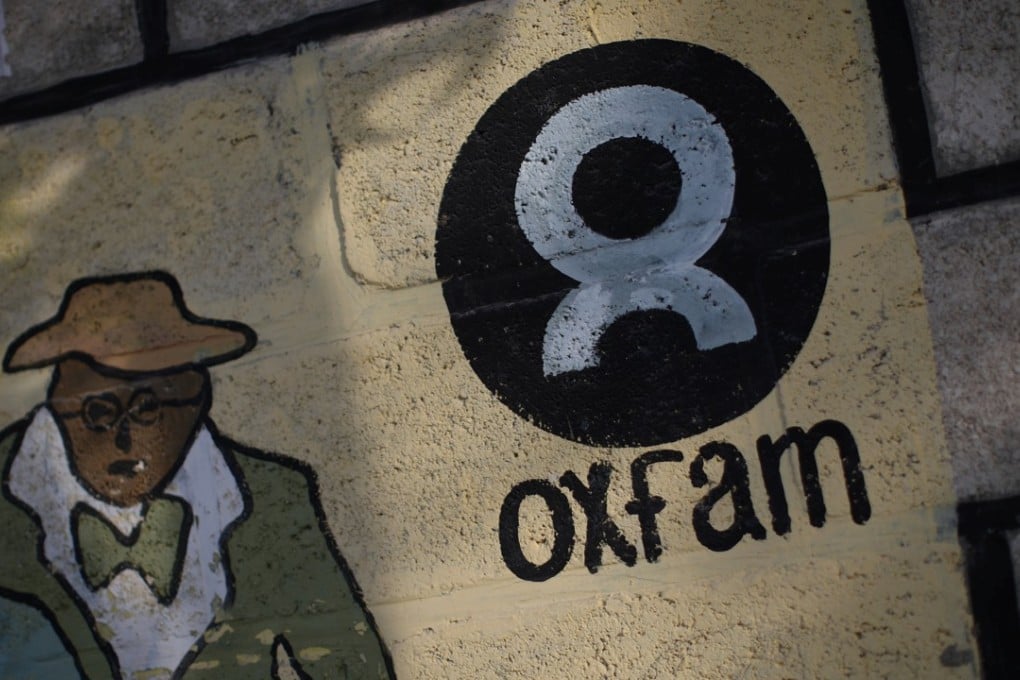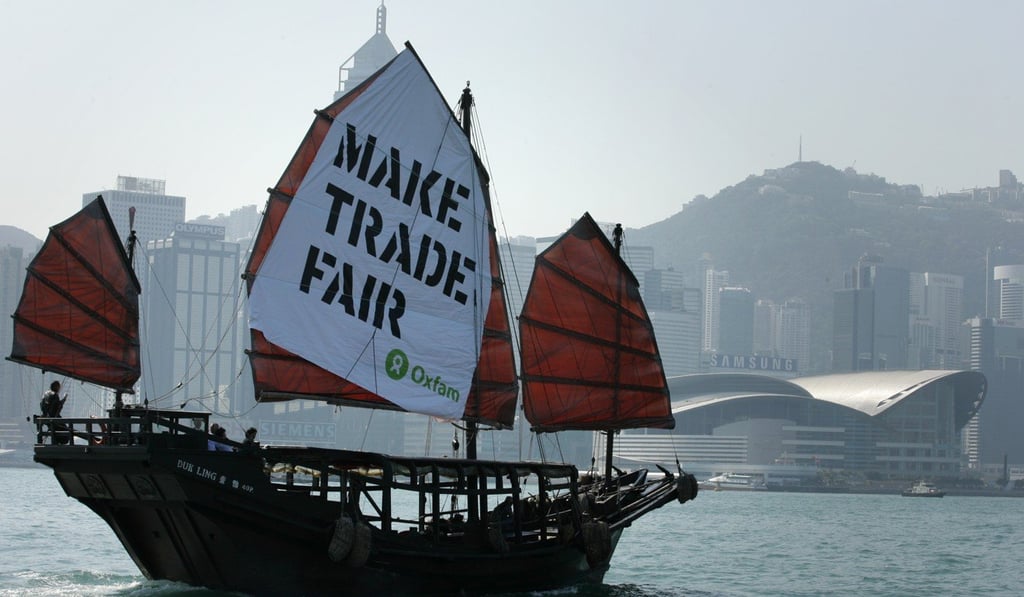Flying Sand | Oxfam scandal highlights the real sickness in society: huge problem of worsening wealth inequality
We have witnessed a media orgy of outrage over the sexual behaviour of fewer than a dirty dozen individuals that took place almost a decade ago and which will only damage the interests of the most vulnerable, writes Niall Fraser

Dealing properly and effectively with the problems, issues and events thrown up in daily life would be impossible without context, right?
Imagine for a moment you are on a very busy bus heading for work, late, and are therefore – like everyone else on board – in a very bad mood. The driver applies the brakes way too heavily at a junction, everyone lurches this way and that, and a painful blow is delivered to the back of your leg by the sharp edge of what you think is one of those infernal wheeled suitcases.

However, when you turn around to confront your inconsiderate fellow passenger, you discover that it is a frail old lady in a wheelchair who is clearly in a worse situation than you. Obviously, you react accordingly.
Context is everything, I think we can agree on that.
Oxfam says former Haiti director admitted hiring prostitutes, contradicting his new denials
Why then is it that when it comes to the bigger issues and events which punctuate all of our lives and impact on them both personally and collectively in much, much more significant ways, do we suspend the use of context and its close cousin, historical perspective?
